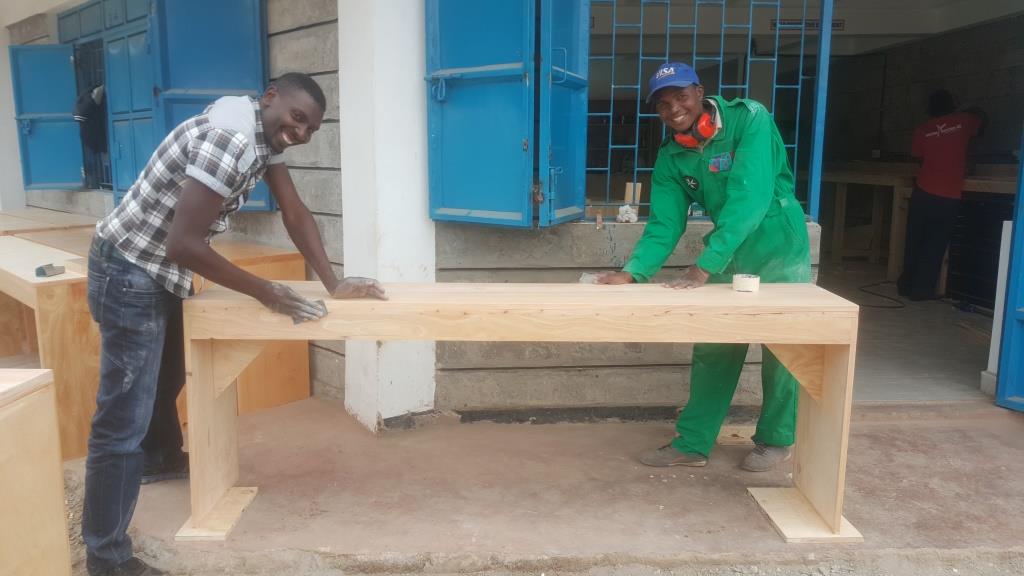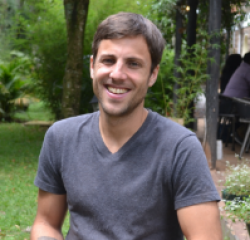
Project
Business Libraries to increase innovation and improve performance in the informal Kenyan Furniture Sector
Does the existence of a “business library”, which provides human capital training, physical capital and market linkages enable very small enterprises to innovate, flourish and grow? What combinations and intensities of services are necessary to maximise enterprise innovation and growth?
Developing economies have high numbers of low-capital enterprises that manufacture similar products and are located in close proximity to one another. While industrial clusters of very small firms provide some economic benefits, such as reducing input costs, firms operating in these clusters often operate inefficiently, use limited capital, do not consolidate or differentiate, and fail to grow significantly. Though various factors constrain the growth of small firms, several prominent impediments to growth are a lack of physical and human capital and access to markets. A body of research indicates that these factors matter, and alleviating constraints increases the productivity and profitability of small businesses.
Access to markets is another limiting factor for small businesses. Kenyan manufacturers we interviewed repeatedly referenced finding new customers as a main concern, expressed high levels of interest in marketing programmes, and reported producing well below capacity. Evidence from other countries shows that enhanced market access drives improved quality and better performance for small businesses.
This trial proposes to create a “business library” (providing tools and services) that would address the constraints faced by small-scale entrepreneurs in the informal furniture sector in Kenya. This library would encourage access to physical capital by lending tools, provide training to address human capital gaps and create opportunities for producers to organise to collectively market their products. Libraries like the one proposed could enable clustered, small-scale firms to grow, produce more specialised and innovative goods, and increase their economic efficiency.

Key facts
Year: 2014
Location: Kenya
Institution: The Busara Center for Behavioral Economics
Project team
Team


